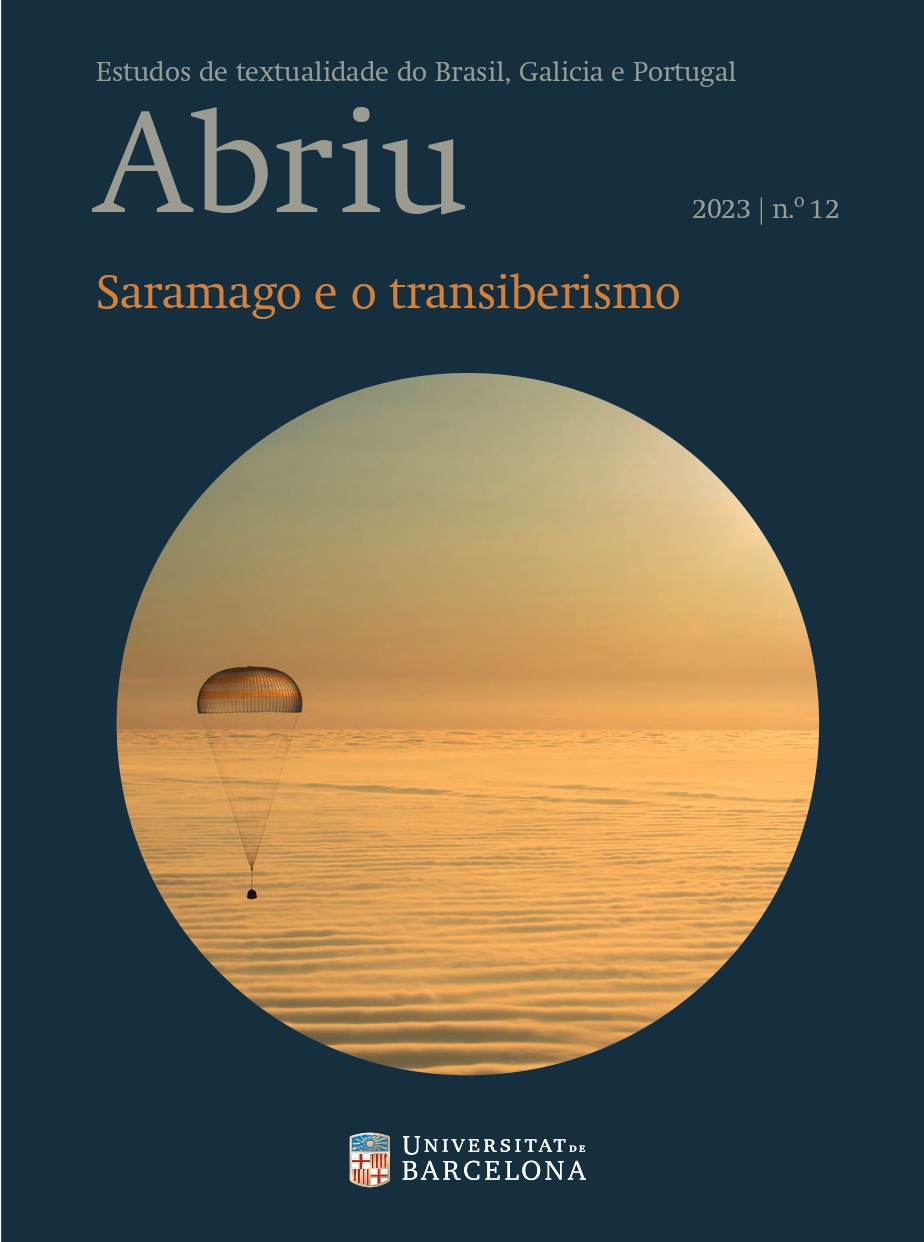Spilling out from the text: the hypersexualization and objectification of Galician women poets
DOI:
https://doi.org/10.1344/Abriu2023.12.8Keywords:
erotic poetry, literary criticism, heteronormativity, hypersexuaization, objectificactionAbstract
This article analyzes the critical discourse surrounding a set of poetry collections published between 2000 and 2010 with the aim of exposing the symbolic violence that a certain sector of non-feminist literary criticism exerts on Galician women writers. The study shows how, on the one hand, the objectification suffered by women writers who cultivate the erotic subgenre as a marketing strategy focused on pleasing the male gaze, evidenced by the monogamous, monosexual and heteronormative gaze with which this type of literature is received. What is more, a group of poets has also been hypersexualized even though their subject matter is far from erotic, yet they are automatically classified as such by the mere fact of having previously published within that field. On the other hand, the article confirms the prevailing essentialism in the treatment of literature written by women through repeated use of expressions such as “feminine point of view” through which critics seek to reinforce male hegemony by naming the other place assigned to women writers in the literary system, since there are no equivalent formulas in the case of male poets. The latter is further reinforced with paternalistic comments: even the level of intelligence of the authors is questioned so as to belittle their work. Drawing on feminist theories, in constant dialogue with the discourse of literary criticism itself, this article seeks to highlight the different strategies of silencing
and invisibility to which contemporary Galician women writers have been subjected.
Downloads
Published
How to Cite
Issue
Section
License
Copyright (c) 2023 Ánxela Lema París

This work is licensed under a Creative Commons Attribution-NonCommercial-NoDerivatives 4.0 International License.
The Author retains ownership of the copyright of the article, unless the contrary is stated, and all rights not expressly granted in this agreement, including the non-exclusive right to reproduce, distribute, perform, and display the article in print or electronic form, and grants to Abriu: estudos de textualidade do Brasil, Galicia e Portugal the exclusive rights to first publication of the Article. The work will be available under a Creative Commons Attribution-Noncommercial-No Derivative Works license, by which the article must be credited to the Author and the Journal must be credited as first place of publication.


